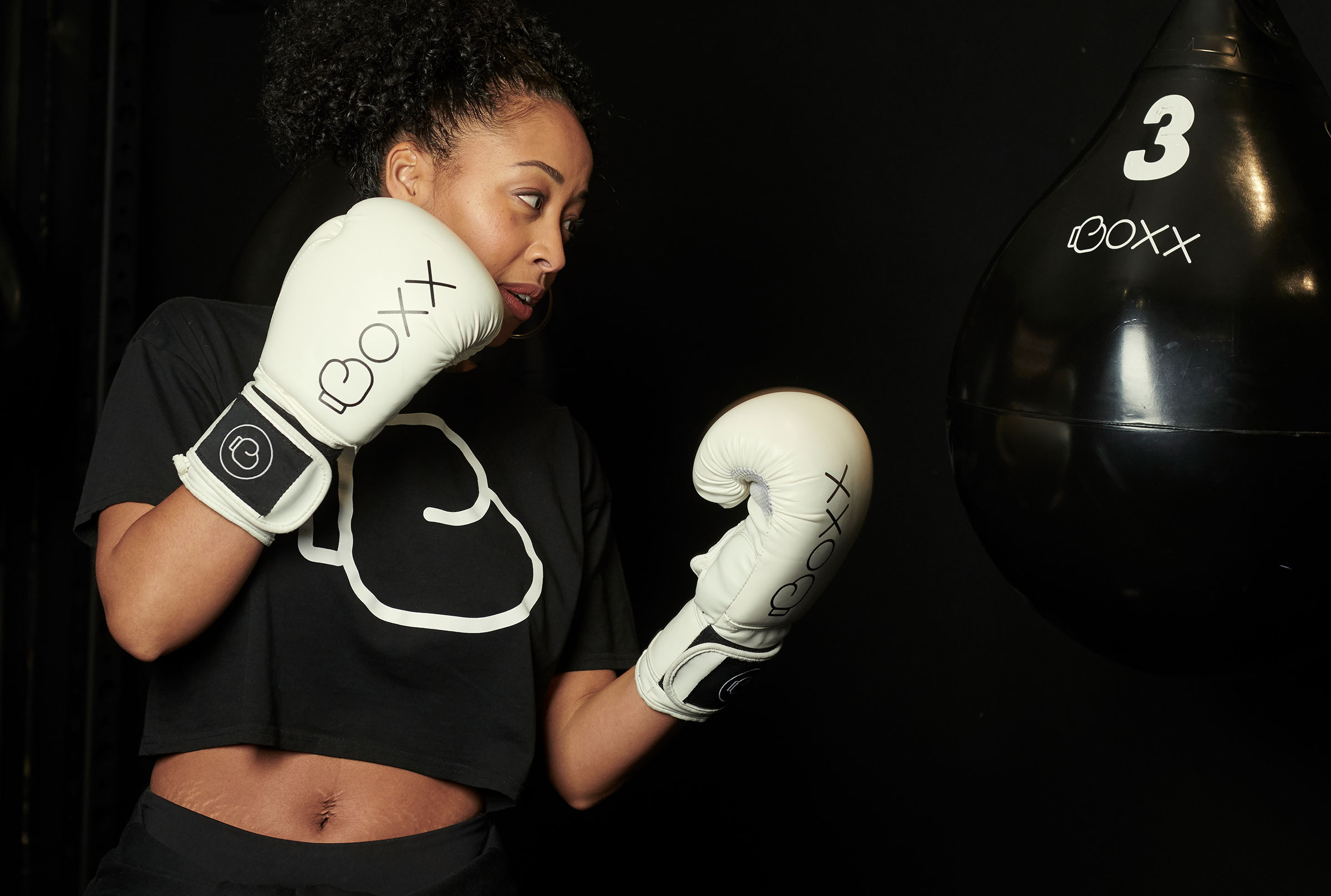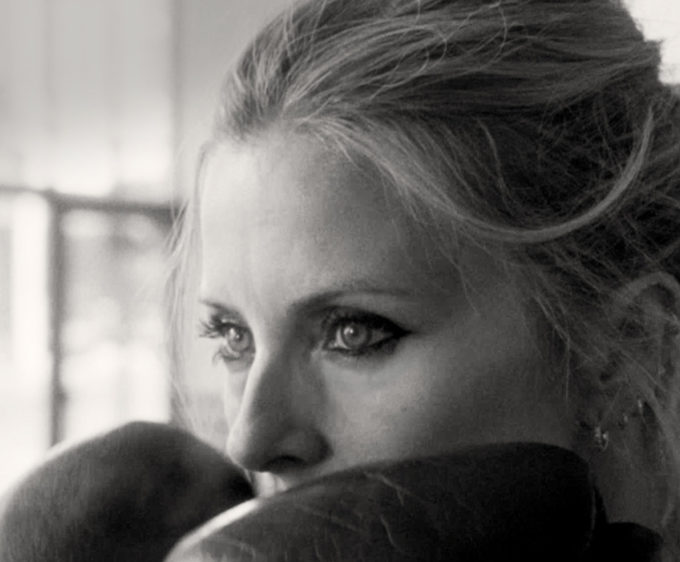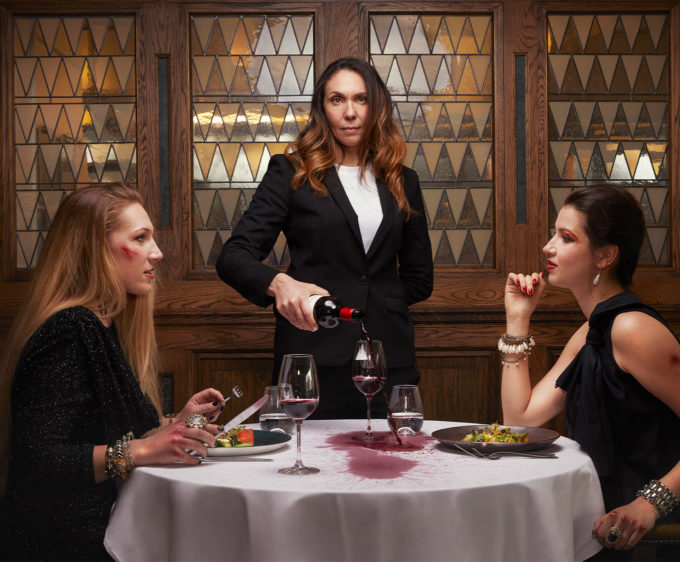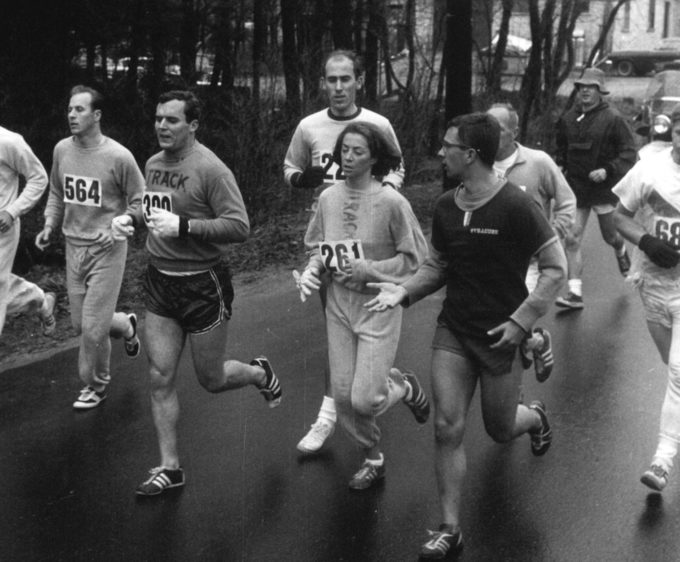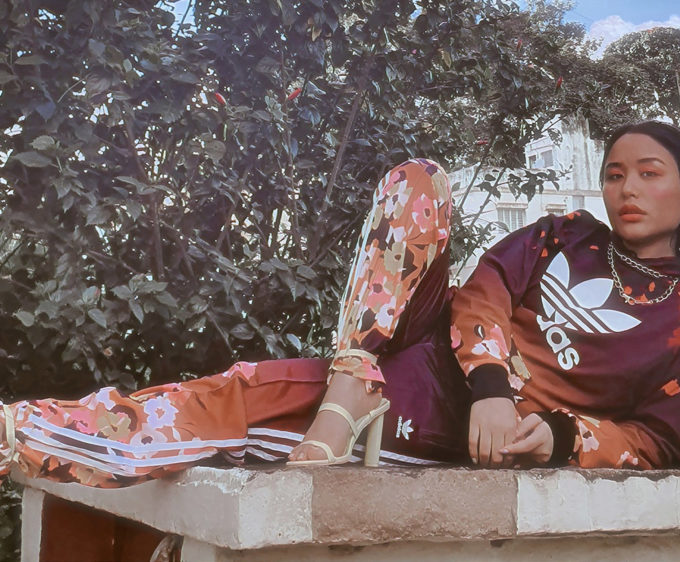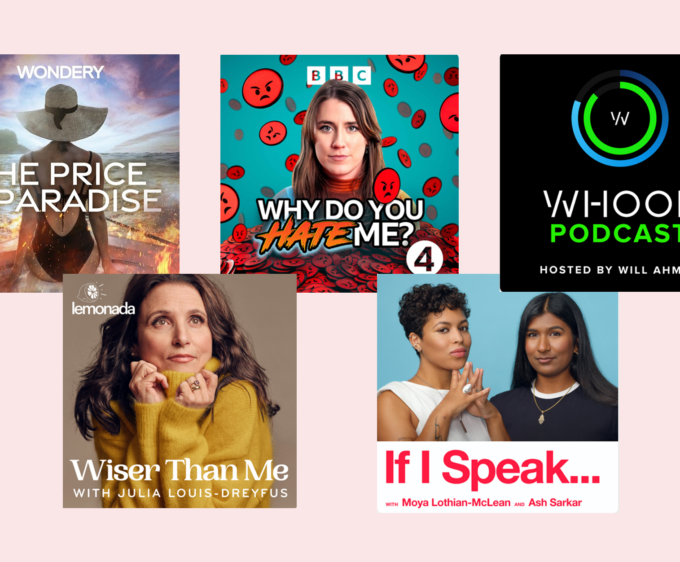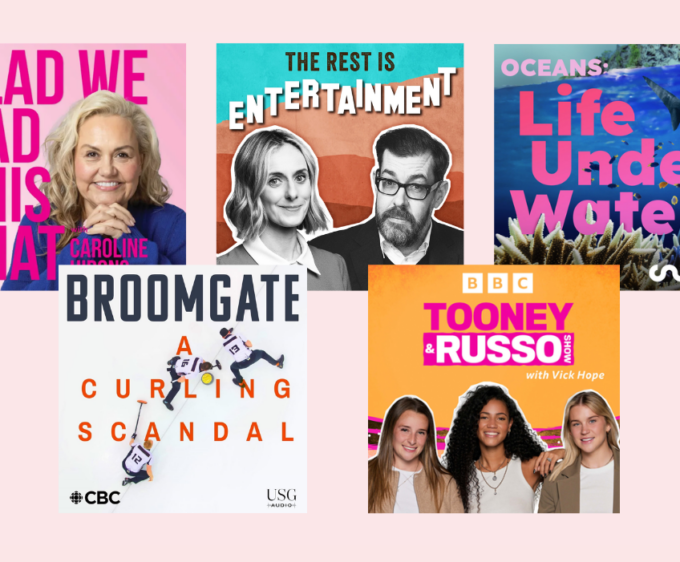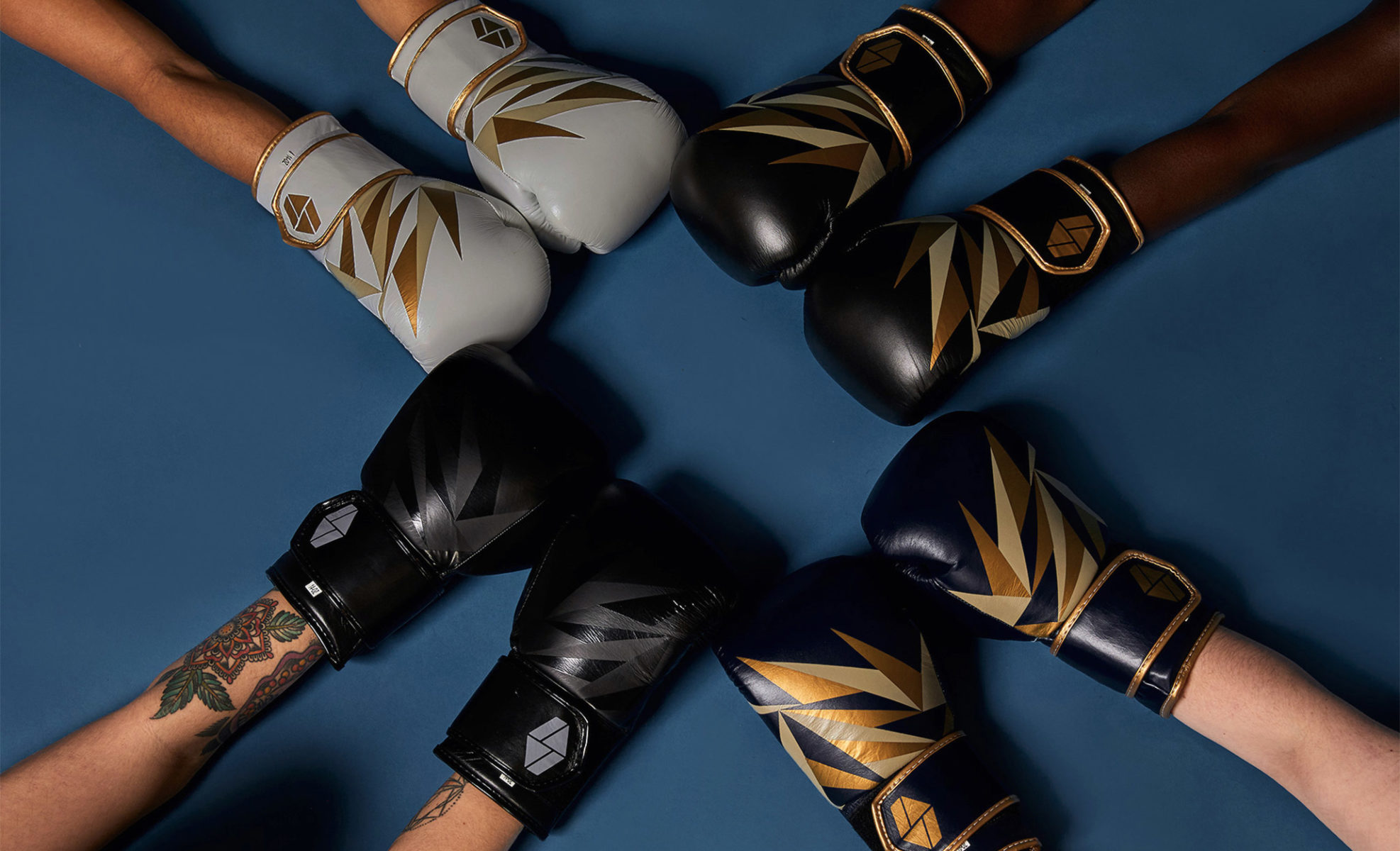
Beating The Mean Streets: Why Women Box
“Fighting spirit is like a muscle in itself and you have to work at that muscle.” We ask: is fear fuelling a trend in women’s boxing?
By Samantha Lewis
Think of the ultimate sport to feel strong and empowered – it has to be boxing. Not only is it an amazing workout but hitting something hard is a great way to release anger or frustration, and we could all use that right now. The tragic death of Sarah Everard in the UK, the 33-year-old who was abducted from a busy London road, struck a chord with women everywhere. The resulting global outpouring of rage and grief reignited the discussion around women’s public safety. Women want to be able to walk the streets without fear, but with the solution requiring long-term societal change, many are taking immediate measures to protect themselves from attacks.
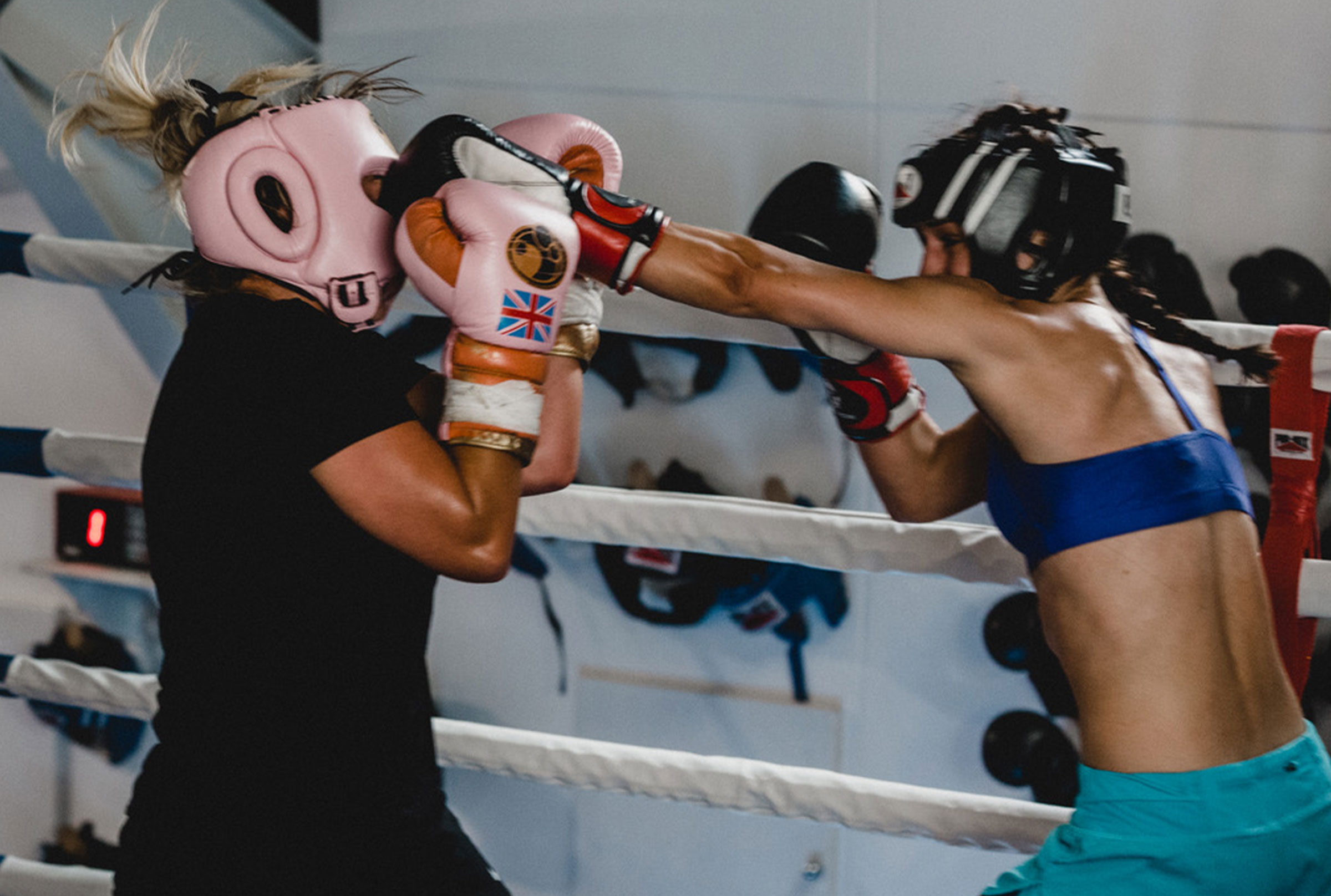
“A lot of women are taking up the sport of boxing not just to work on their fitness but for self-defence as well,” explains sports agent Sonia Randev. “They want to feel like they can protect themselves if they need to and boxing is great for that.” Sonia works with several of Britain’s leading female boxers and launched a campaign called ‘No Means No’ in the wake of Sarah’s death. It aims to raise awareness around public sexual harassment and demand safety on the streets. Natasha Jonas, Britain’s first female Olympic boxer and Scottish boxer Hannah Rankin are among those to join the fight. “Sarah was just walking home and that hits home for all of us. We’ve all been in that situation when we’ve had to cross over the street because we think the person behind us is following us,” Sonia adds.
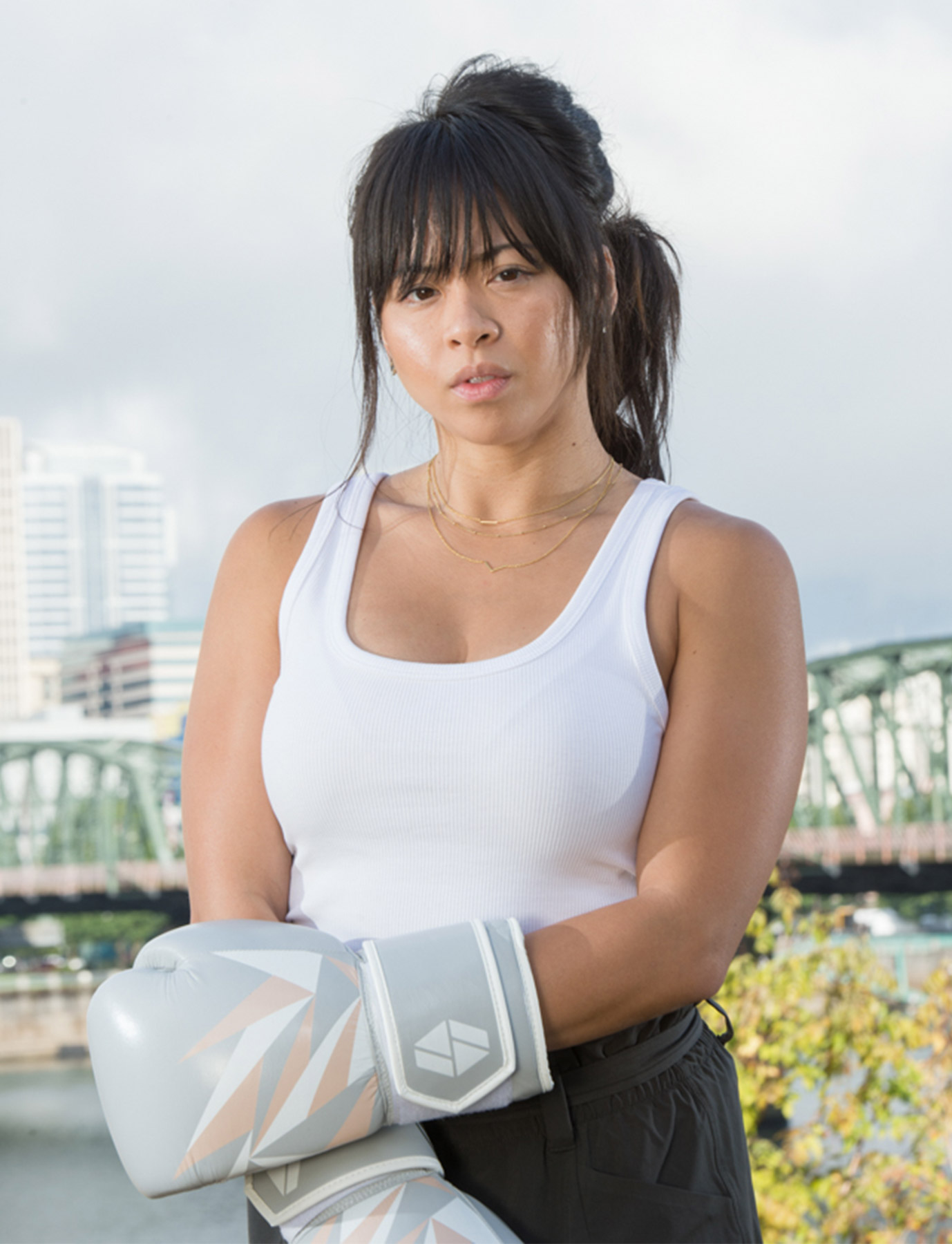
The rise in women’s boxing is being felt outside the gyms too. Lynn Le, founder of Society Nine, a modern women’s boxing brand, has seen a spike in sales as women’s boxing has a major moment. “Over the last two to three years Society Nine has definitely seen significant growth and interest in boxing, kickboxing and other martial arts amongst women. There’s absolutely no doubt that self-defence is a key reason for this,” she says.
It isn’t just women though; others are also using boxing as a way to gain a sense of control over their environment and personal safety. “For anyone who is marginalised – women, people of colour, queer, trans and gender non-binary communities – there’s a real fear given the significant increase in violence around the world towards these groups,” she continues. “At Society Nine we observe market trends and what’s happening in our local community and beyond. We interpret this as individuals are seeking ways to own their power and to stand their ground. Fighting spirit is like a muscle in itself, and you have to work at that muscle. There’s no better way to work that muscle than to pick up a pair of gloves.”
empowered
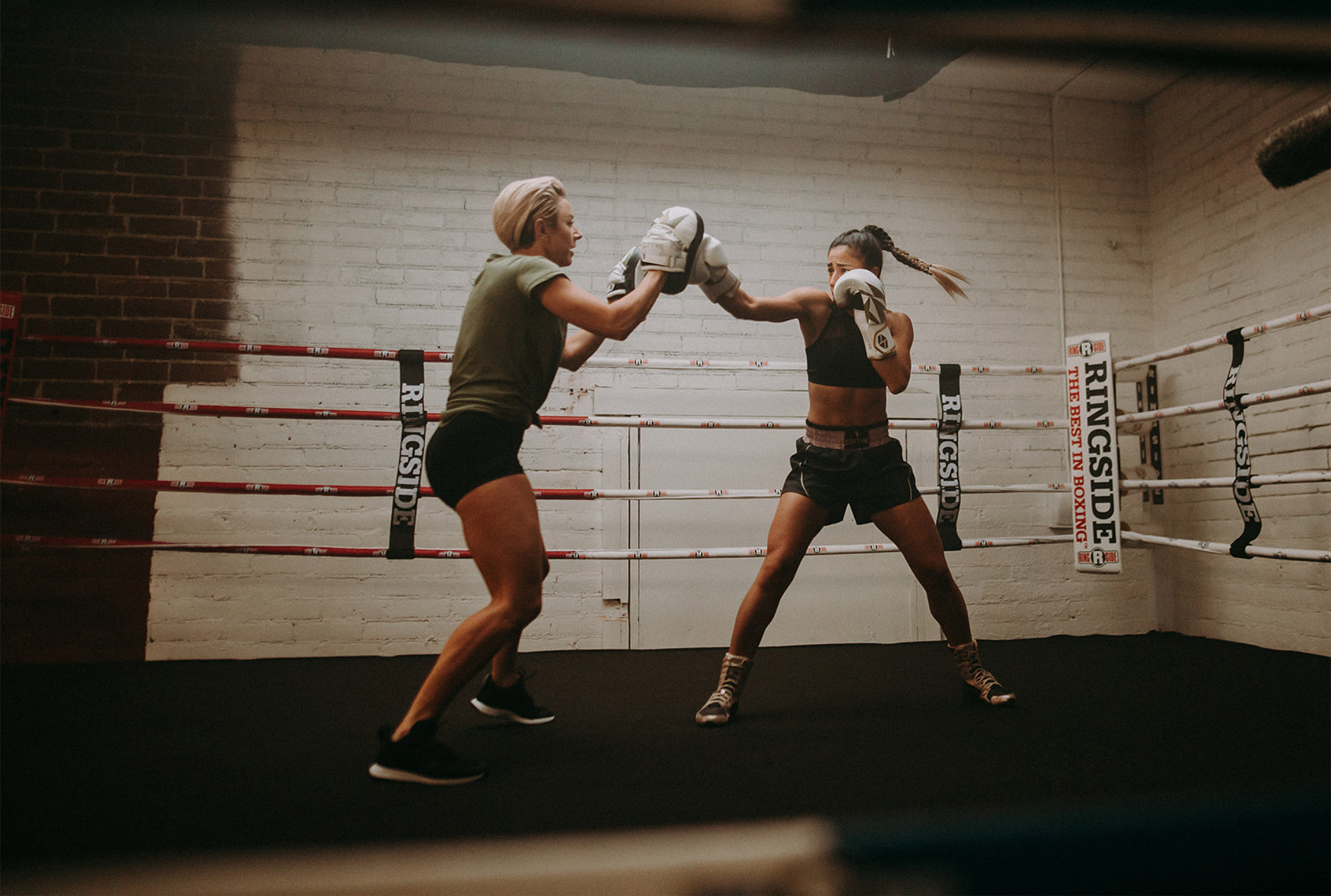
Lynn, who is based in Portland, Oregon, has been practising various combat sports for over 10 years. She says that, as a Vietnamese-American woman, recent events have reminded her why she trains. “The spike of violence against Asian Americans and Pacific Islanders in the United States reminds me of why I train – to be prepared to fight back in a worst case scenario, whether it’s for me or my loved ones. And there’s nothing else like combat sports – things like boxing and kickboxing are incredibly primal in nature,” she explains.
Though boxing has traditionally been male-dominated, Lynn believes women have an innate affinity for the sport. “Women are providers, nurturers, mothers – we have an intrinsic nature to protect and to fight. However, modern culture and society influences us to show less aggression; less fight. We’re protectors, but ironically, the question then becomes who protects us? We haven’t been encouraged, or ‘allowed’ to show this side of us.” She continues: “I think the evolution of boxing and kickboxing in mainstream fitness has been interesting to observe when thinking about it in that way, and at Society Nine we’ve been so fortunate to grow and support a community who are discovering their power for themselves.”
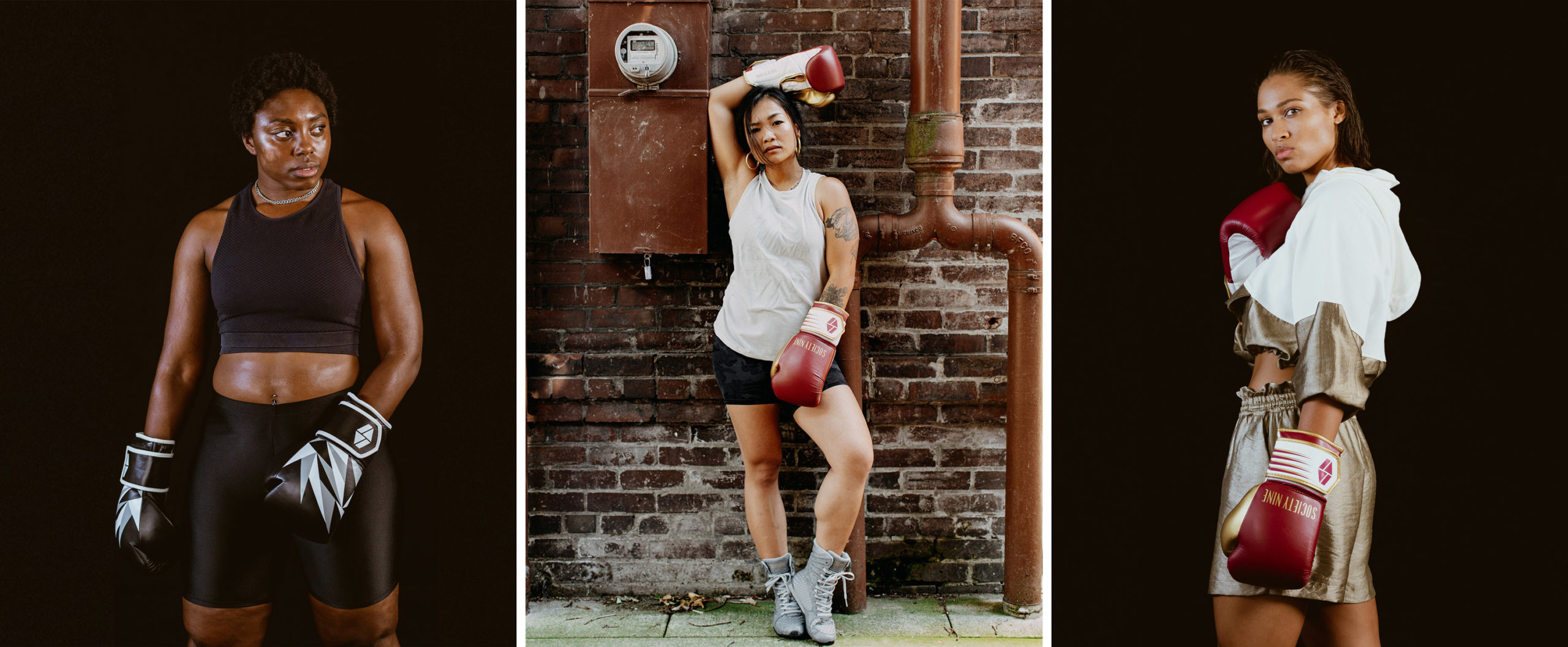
COMMUNITY
Anji Singh is another US-based business owner who has been recently inundated with requests for her women’s boxing gear. “Before Covid-19 we had to turn down people because every gym was coming to us. I had to take a step back because I’m a brand, not a vendor, and we want to work with people in a more intentional way. Per week we would get an enquiry email about a different chain or independent gym opening for boxing. It was crazy,” she tells Glorious.
Anji started her brand, Kali Active, to challenge an entrenched idea that women’s boxing gloves have to be covered in “pink and sparkles,” as she put it. “Kali Active was one of the first brands to use social media and elevated design to create a platform that was more inviting for women of all backgrounds and experience levels,” she says. “Our mission is to encourage people to stay active and to feel empowered to overcome their challenges.”
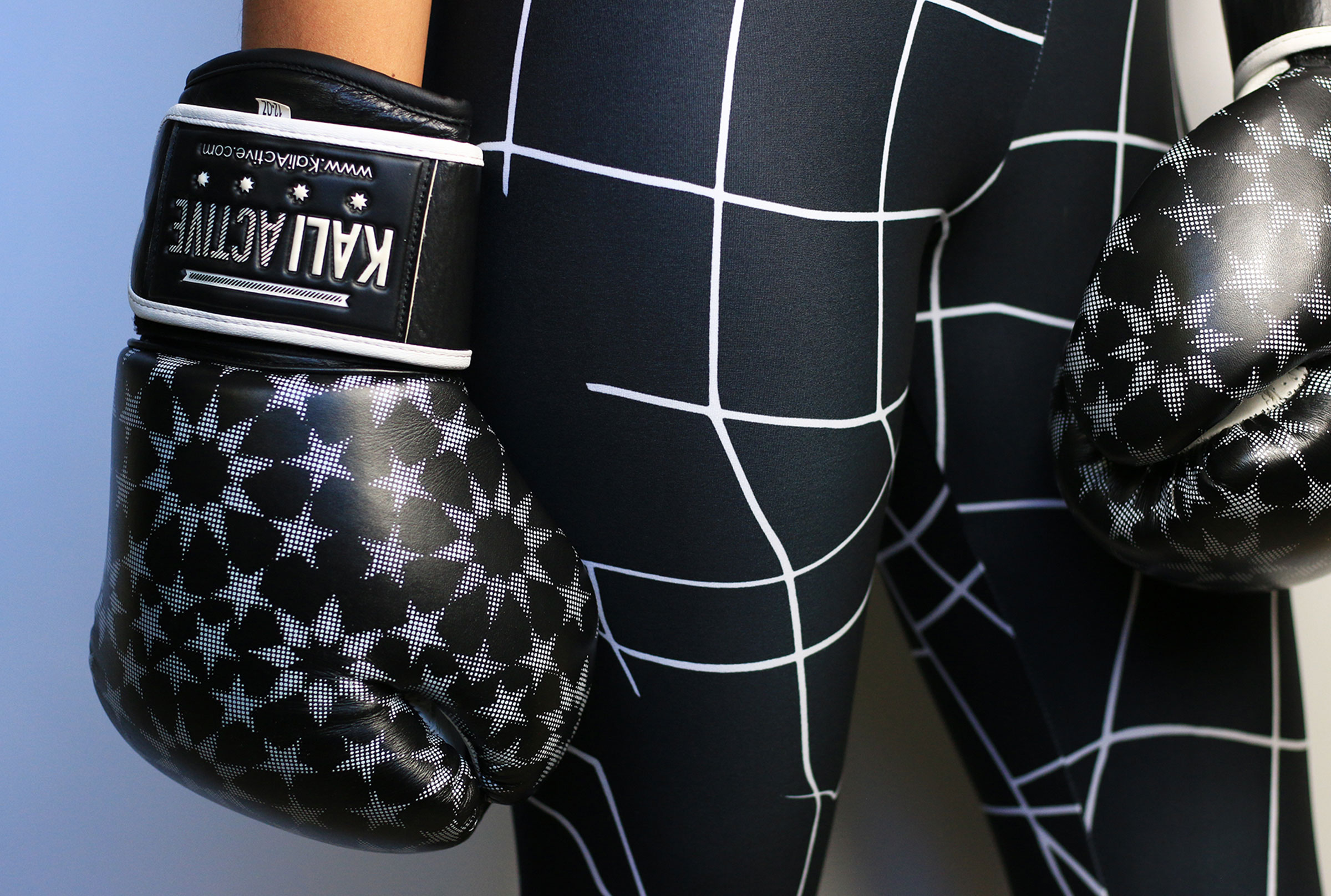
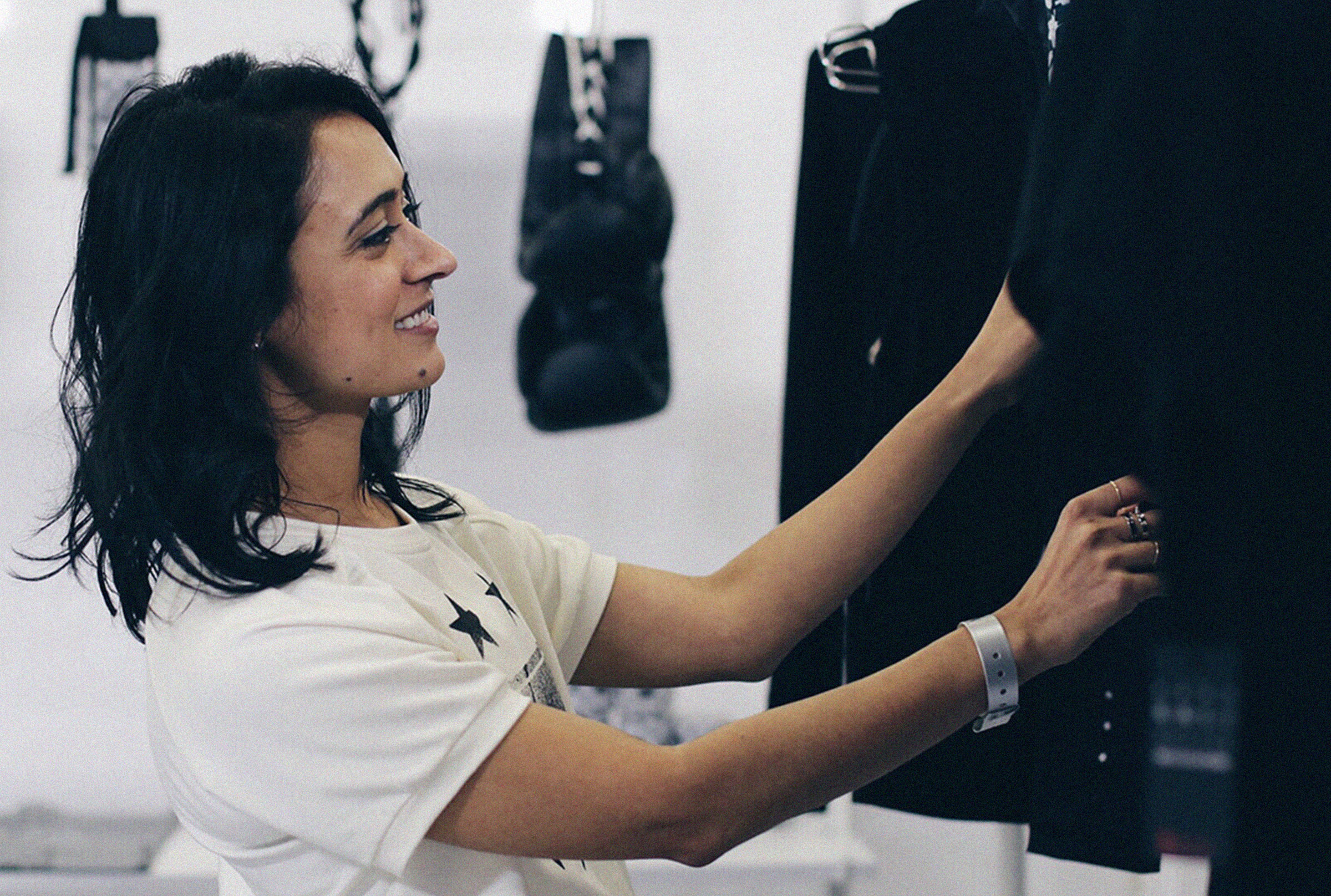
While fear seems to be driving the boxing trend, the coronavirus lockdown also has a lot to answer for. Gyms were forced to shut their doors last year, which meant people had to find new ways to stay fit. This led to an at-home fitness boom and saw gyms and boxing clubs worldwide take their offerings online. Boxing has proven particularly popular as it’s a flat-friendly workout and shadow boxing (basically punching the air) doesn’t need any equipment. On top of its convenience, boxing is a great aerobic form of exercise that targets muscles throughout your entire body. Plus, its capacity for stress and tension relief has been invaluable during a tumultuous year.
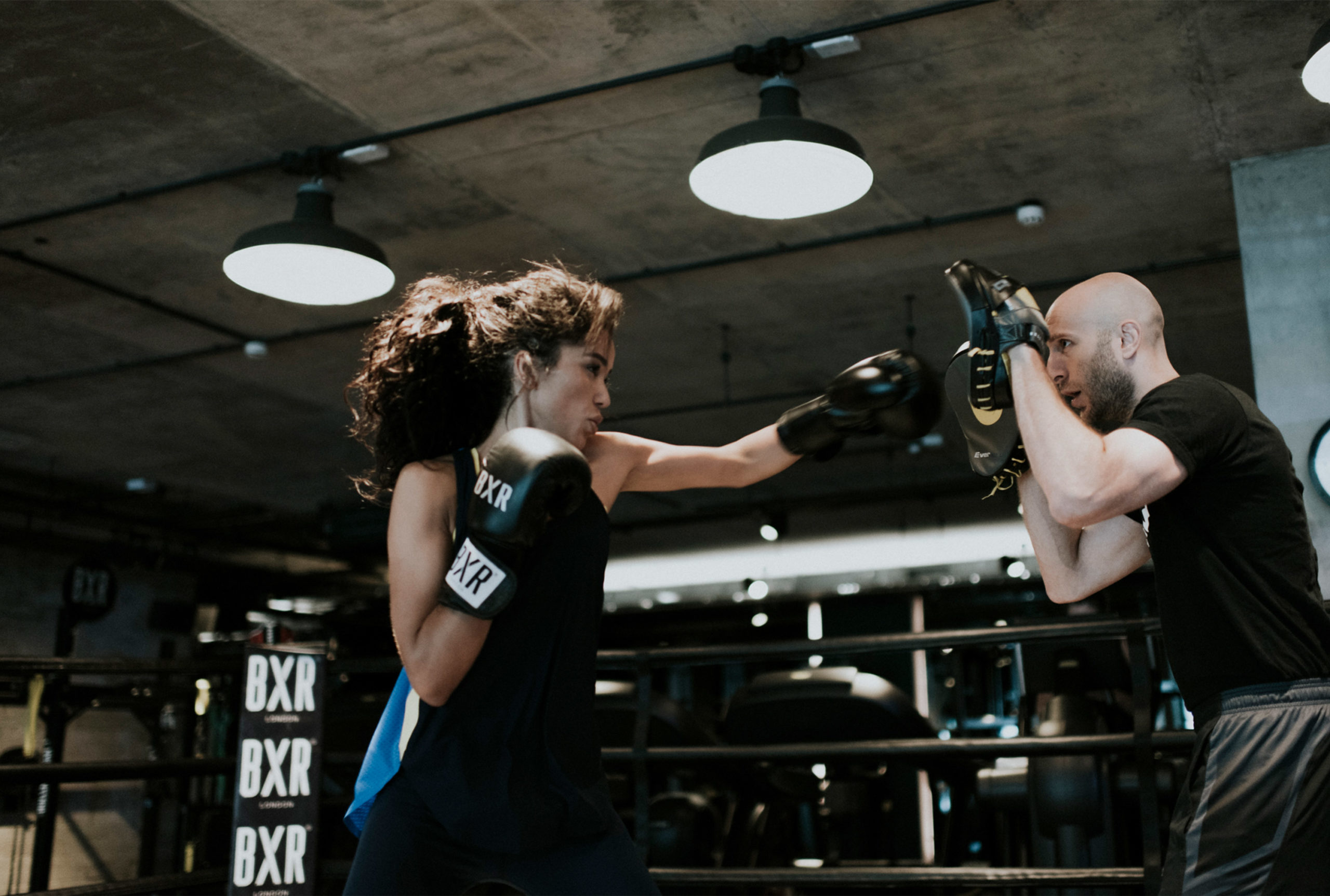
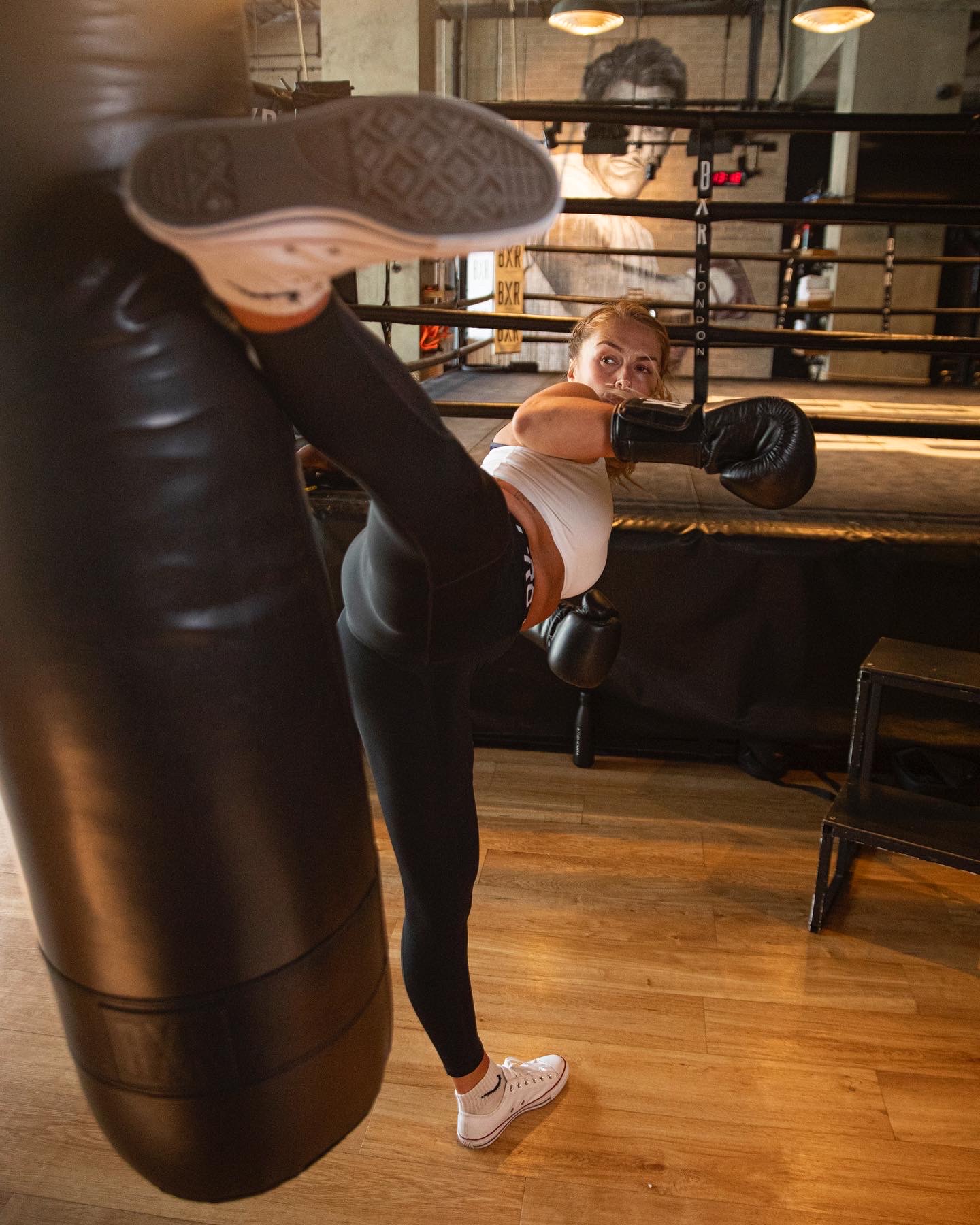
BXR, a boutique boxing gym in London’s Marylebone, says it has recorded an increase in female memberships and interest in combat training. “During lockdown, our online classes felt like a very approachable route into boxing training; our clients were keen to learn a new skill set that has both high fitness credentials and real life application both in the mental and physical sense” says Gary Logan, former pro and now BXR’s head of boxing. “That interest has only risen since with more and more women taking up boxing-specific training with us. It’s a joy to see the sport become more democratically adopted. We don’t discriminate at BXR; The training for women is exactly the same as it is for men – empowerment and inclusivity are key to our ethos here.”
Meanwhile, 1Rebel, which has luxury fitness studios worldwide, launched Rebel TV so people could do their popular Rumble class from their living room. “I personally love boxing as it helps my reaction speed and coordination, which makes me more alert and focused. It is also a great way to take some of that pent-up energy out on the pads or the bag to relieve stress and boost mood. It never gets boring!” enthuses Jodie Lee Tye, 1Rebel UK’s head of fitness.
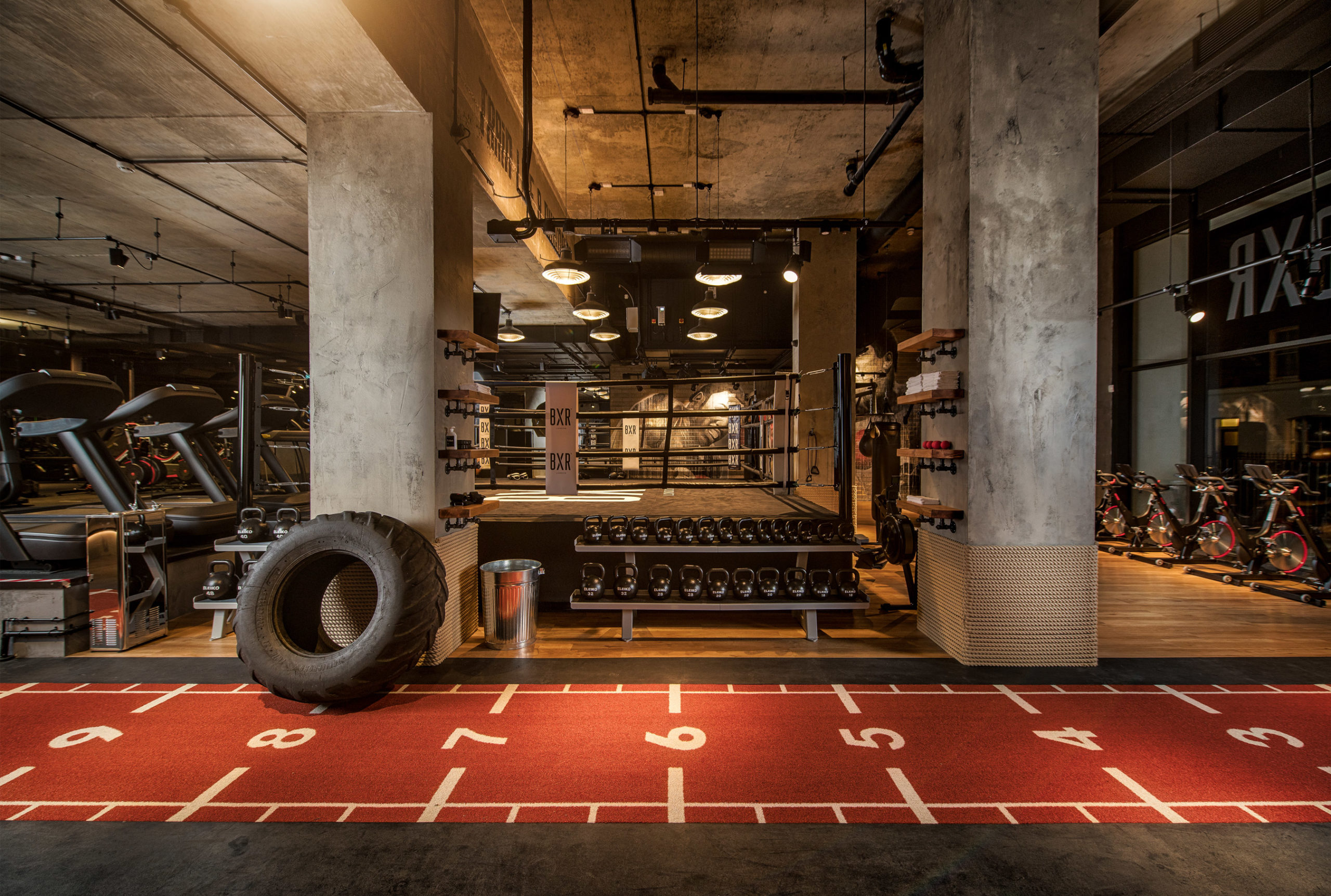
energy
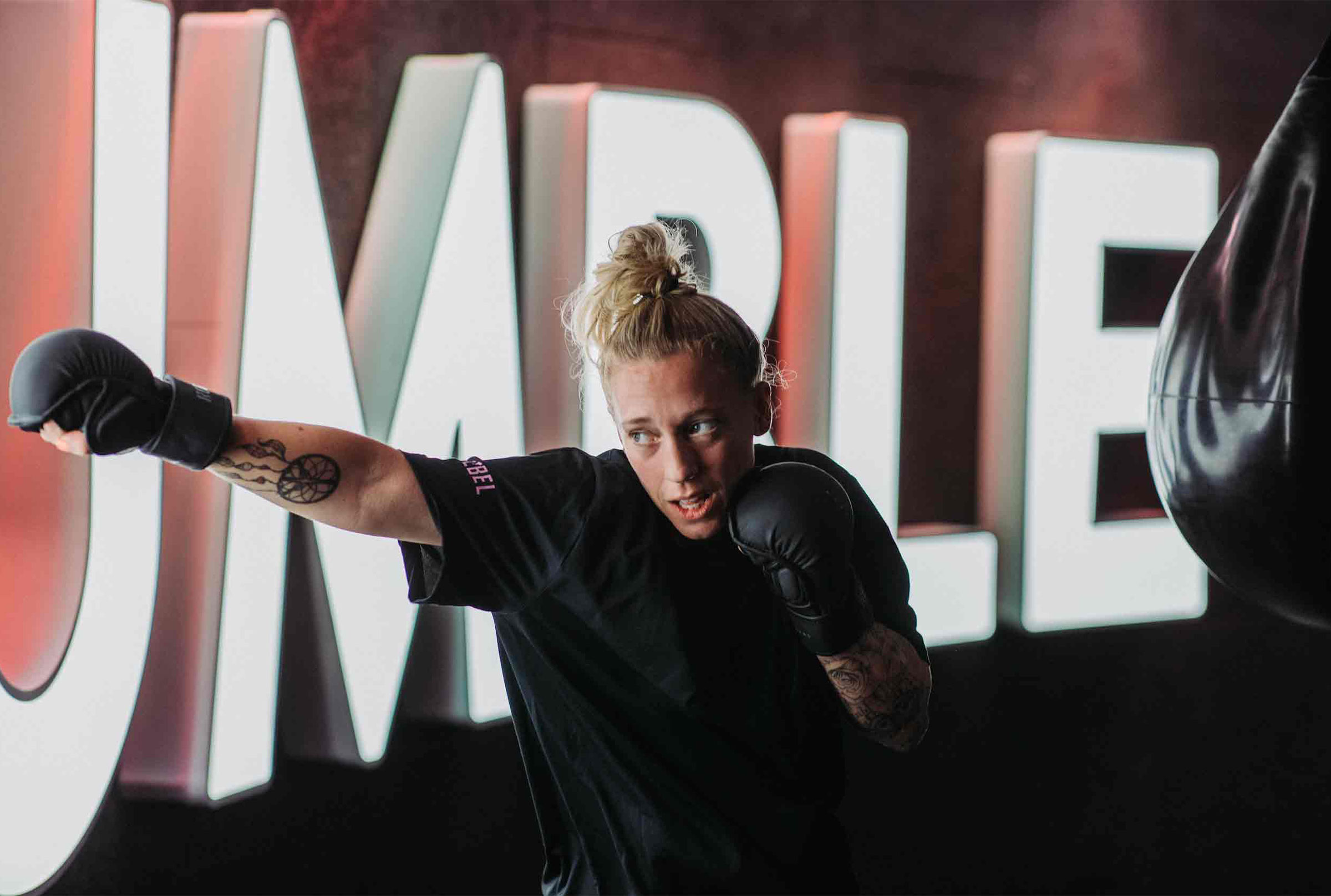
Furthermore, the rise in home workouts has been beneficial for women who may feel too intimidated to go to a gym or boxing club. They can seem unapproachable and often act as a barrier to women working out. “We have had so many customers over the years send us ‘thank you’ emails because our app workouts have given them the confidence to go and try their local boxing gym or class. I always love receiving those emails,” comments Anna Samuels, founder of Boxx. Subscriptions to Boxx’s app, which has a library of more than 200 workouts, rose by 400% in March last year when lockdown hit. She estimates around 70% of the database are female. Anna goes on to say that beginners should never be put off by expectations and encourages all women to get involved. “My advice for trying a boxing class is to just go for it! Don’t worry about not knowing any technique, that will come with practice. The best place to start is online as it gives you a chance to practice your punches within the comfort of your own home.”
It’s a new and inclusive era for boxing; a once-exclusive sport that’s now helping the marginalised feel strong inside and outside the ring. With gyms open and classes up and running again, we’re ready and raring to get well and truly hooked.
